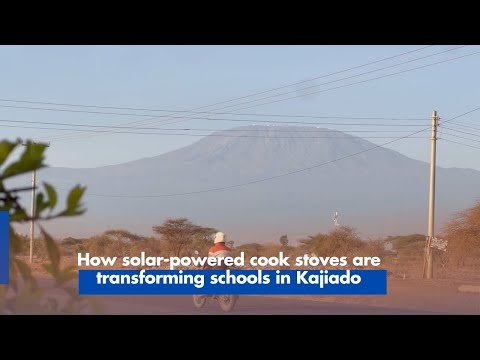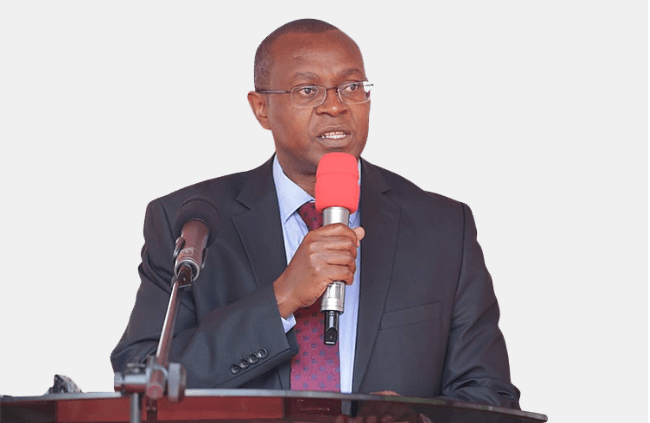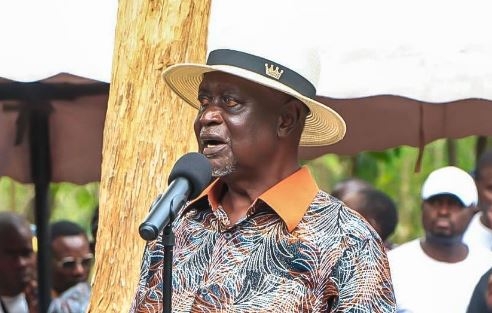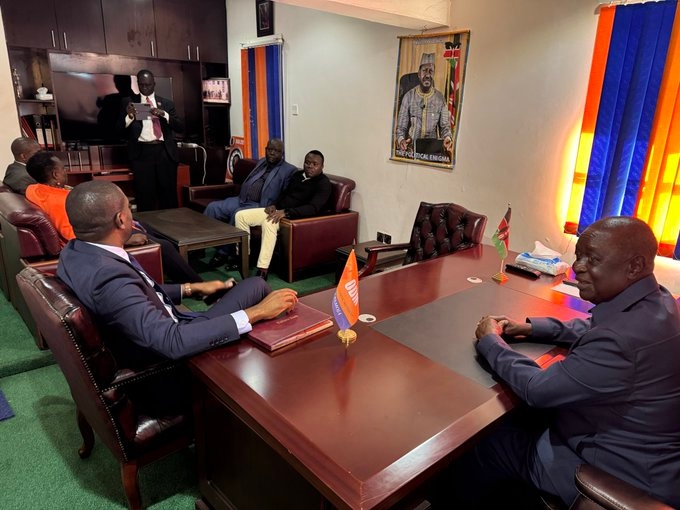
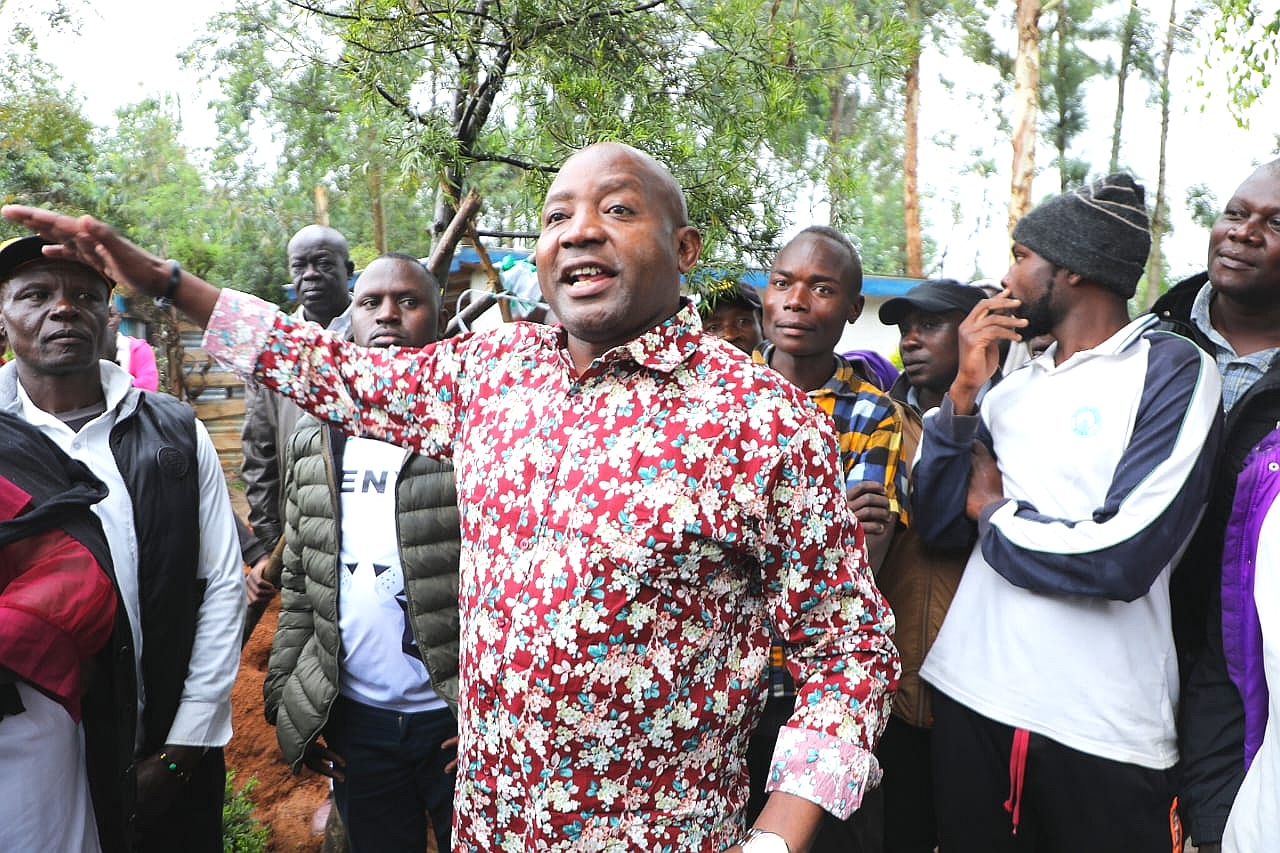
Kakamega Deputy Governor Ayub Savula has criticised Members of Parliament over the passage of the Computer Misuse and Cybercrimes (Amendment) Act, 2025, saying lawmakers failed to consider its possible impact on freedom of expression.
Speaking during the burial of the late Tobbena Mulanda in
Kakamega County, Savula said that while regulation of the digital space is
necessary, the new law risks undermining gains made in democratic freedoms and
public accountability.
“The law could discourage open dialogue and limit public
oversight of government actions. Parliament must always consider the ordinary
citizen when enacting laws,” he said.
Savula further argued that MPs should take greater
responsibility for thoroughly reviewing legislation before passing it.
“It appears that some MPs do not take time to read or
understand the full implications of the bills they debate and approve. The
quality of parliamentary oversight is declining,” he said.
He clarified that his criticism was directed at legislators
rather than the Presidency or the Speaker of the National Assembly.
“I have no issue with Speaker Wetang’ula; he is an arbiter.
Our concern is with the conduct of some MPs who pass laws without due
diligence,” Savula said.
President William Ruto assented to the amendment on October
15, sparking a nationwide discussion on whether the law strikes an appropriate
balance between curbing cybercrime and safeguarding civil liberties.
The High Court has since issued conservatory orders
suspending the implementation of the Act, pending judicial review.
Legal experts and civil society groups argue that sections
of the law could be open to misuse, potentially stifling criticism and limiting
free speech online.
However, National Assembly Speaker Moses Wetang’ula has
defended the legislation, saying its objective is to promote responsible
digital behaviour and protect families from harmful online content.
Speaking during a church service at St. Teresa’s Isanjiro
Catholic Church in Malava Town, Wetang’ula said the law seeks to curb
cyberbullying, violent extremism, online exploitation, and the spread of
cultism.
“The Act is not designed to silence anyone or suppress
legitimate expression. It aims to safeguard our children and society from
harmful online material and digital manipulation,” he said.
The ongoing debate highlights the tension between
maintaining digital security and preserving constitutional freedoms in Kenya’s
fast-evolving online environment.




